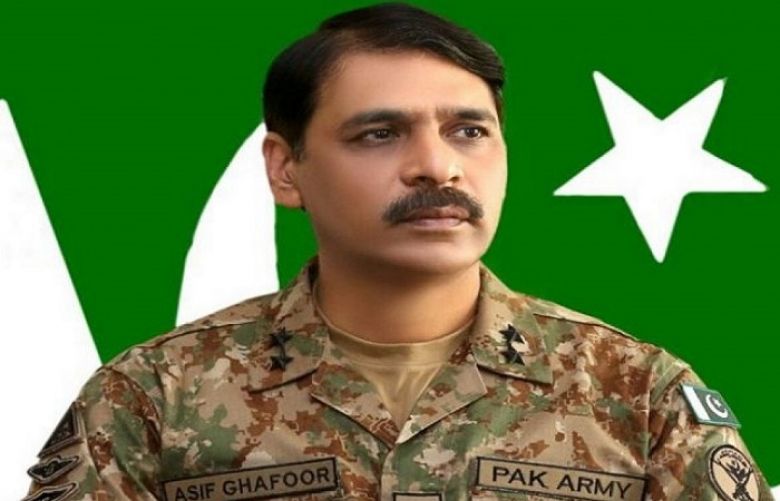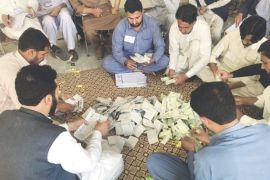The head of the Pakistan army’s media wing Major General Asif Ghafoor has set aside the impression that the Afghan Taliban were not excluding Pakistan from US-led talks currently being held in Doha to seek a negotiated end to the Afghan war but that Pakistan was a facilitator and had fulfilled its task of coaxing the insurgents to the table for dialogue.
“We are a facilitator. We have done our job of bringing them to the negotiating table. What is discussed and how the process moves forward will depend on progress during every meeting.”
He said Pakistan had pushed for the dialogue to restart but had “no preference for time or place.”
Taliban sources have told media the Doha talks have focused on a roadmap for the withdrawal of foreign forces from Afghanistan and a guarantee the country will not be used for hostile acts against the United States and its allies.
He also spoke about abiding fears about how Afghan government forces would withstand the Taliban threat without US military support if US President Donald Trump acted on his desire to bring home half of the 14,000 U.S. troops deployed in Afghanistan.
“Afghanistan should not go into turmoil” when US forces leave, the army’s media chief said: “The U.S. should leave Afghanistan as friends of the region, with a commitment to assist Afghanistan in becoming self-sustaining and help in socio-economic development.”
Islamabad also fears that increased turmoil in Afghanistan would mean more sanctuaries there for Pakistani Taliban [TTP] militants who have lost control of all territory in Pakistan since a major counter-terrorism operation was launched after a 2014 attack on an army school.
Pakistan has also fenced part of its porous 2,500 km border with Afghanistan to prevent incursions by the Pakistan Taliban who have waged a decade-long insurgency in the South Asian nation.
Ghafoor said the Afghan government did not currently have the capacity to eliminate all sanctuaries given that it was embroiled in fighting an insurgency, but once the Taliban entered the political mainstream, Kabul would be in a better position to tackle groups like the Pakistan Taliban and the Middle Eastern Daesh.
“If there is peace in Afghanistan and greater control of the area by Afghan forces, it will be difficult for TTP to continue their sanctuaries there,” the military spokesman said.
The general dismissed fears that the U.S. would lose interest in Pakistan once it exited Afghanistan, or be free to take harsh actions when it no longer needed Islamabad’s help to end the conflict.
“Pakistan has always remained relevant and will continue to be relevant,” Ghafoor said. “And when the U.S. leave Afghanistan, it will leave acknowledging Pakistan’s role in ending the conflict. Our relationship shall further strengthen.”







